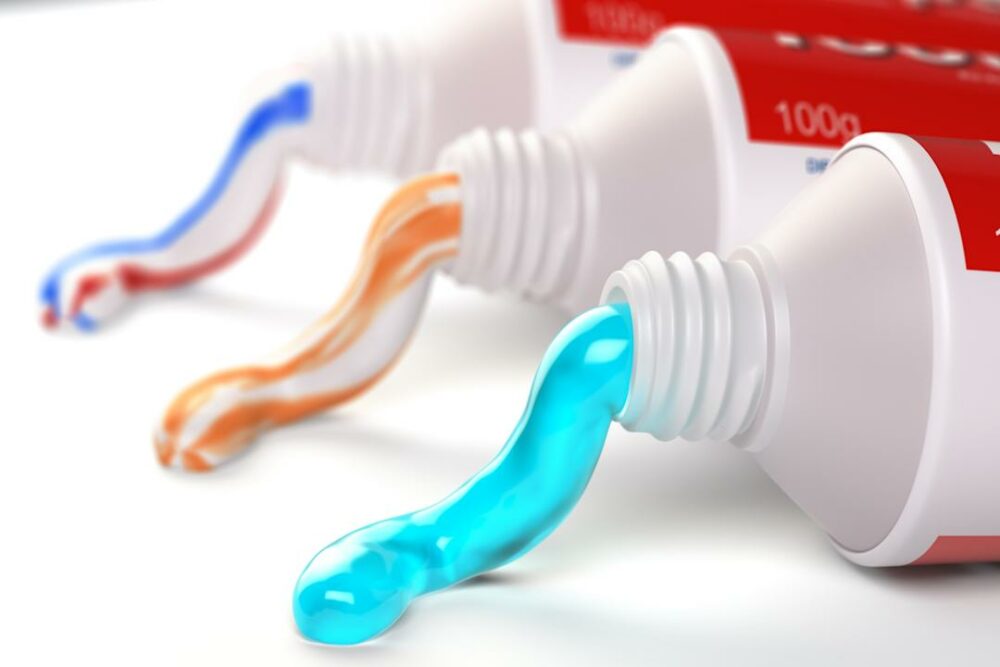You probably know that fluoride helps keep teeth strong. Toothpaste and mouthwash commercials and public health campaigns to add fluoride to tap water advertise the mineral as a critical part of oral health. But what you may not know is that very high levels of fluoride can have serious negative health effects. The amount of fluoride in your toothpaste or drinking water isn’t dangerous. But consumption of more than the recommended amount of fluoride is linked to serious and even life-threatening health hazards.

What is fluoride, and why is it important?
Fluoride is a naturally occurring mineral that exists in trace amounts in food, water, and soil. Because of its role in promoting oral health, fluoride is a common ingredient in dental hygiene products like toothpaste and mouthwash. The mineral helps strengthen enamel, the thin outer coating that covers teeth and prevents damage to them. Fluoride also reduces tooth decay (also called cavities) by blocking the growth of cavity-causing bacteria and reverses early signs of decay. Because of its dental health-promoting qualities, some countries, including the U.S., add fluoride to drinking water to ensure that people get enough to keep their teeth healthy. According to the U.S. Centers for Disease Control and Prevention (CDC), drinking fluoridated water reduces the risk of cavities by as much as 25 percent. The policy is considered by some to be one of America’s most successful public health achievements of the 20th century.
